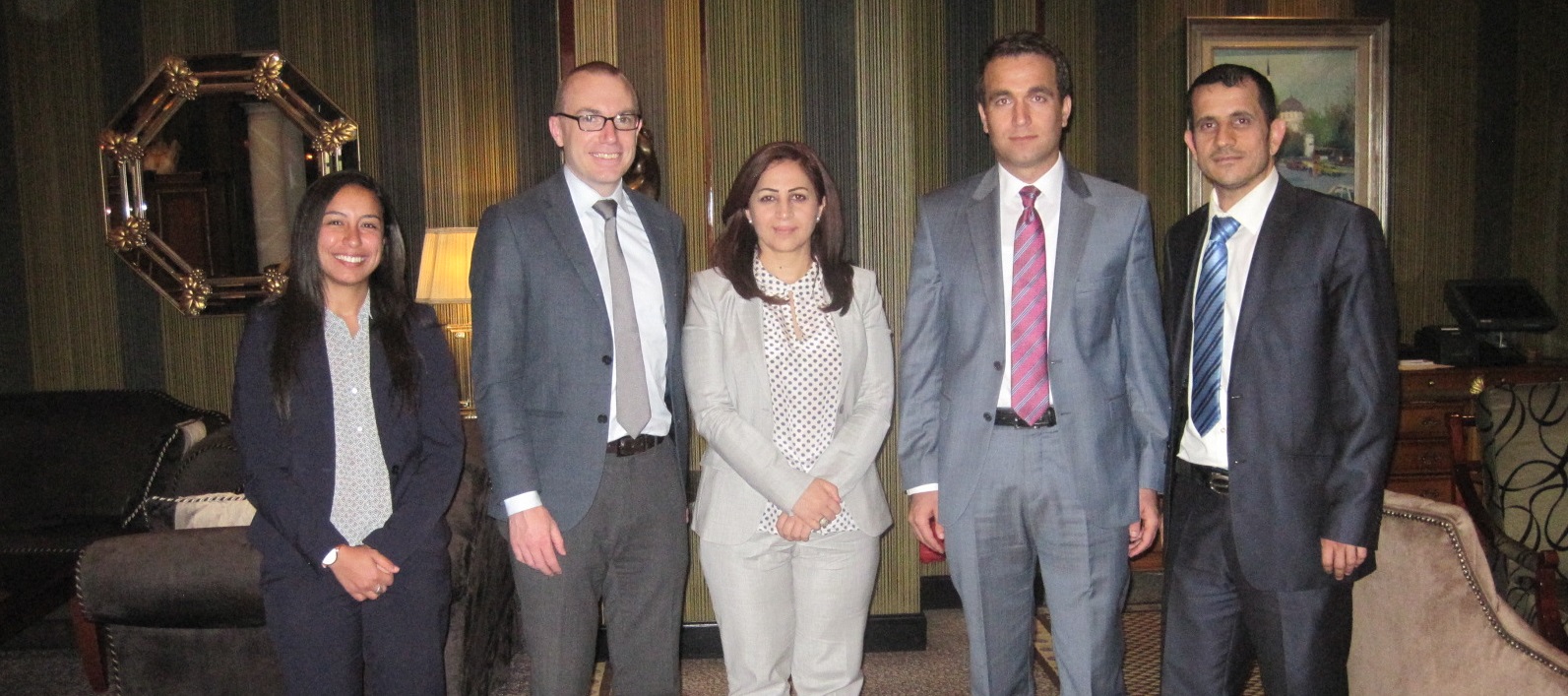
Last week I visited Erbil in the Kurdistan region of Iraq for the first time since 2011, and I was struck by the sense of economic and political stagnation that now pervades it.
Everywhere you look there are the concrete shells of half-built high-rises, construction cranes frozen where they were the moment oil prices collapsed in 2014. Downtown, the region’s parliament building sits largely unused amid a political stalemate between Kurdistan’s main political parties over the region’s presidency. And then of course there’s the fact that ISIS still menaces a long front with Kurdistan, where Kurdish and Iraqi troops die every day pushing the terrorist group back step by step toward Mosul.
Despite this grim backdrop I was surprised by the continued effects of IRI’s work in Iraqi Kurdistan long after our departure in 2013, especially with the younger generation of Kurds now coming into their own politically and economically. While the patriarchs of the main KDP and PUK parties fight old battles over shares of the political pie, I met with young members of the Kurdish parliament who spoke enthusiastically about their work even in absence of a quorum. Evar Ebraheem Husain had been trained by IRI many times and is now the head of the Women’s Committee, frustrated that her legislation to combat violence against women and human trafficking had been stymied by self-defeating political squabbles. Her colleague Vaman Faisal Salom, head of the Youth Committee, had benefited himself from legislation IRI’s partners had passed in 2009 reducing the age of candidacy from 30 to 25. He spoke approvingly of a government-funded microloan program designed to assist young entrepreneurs start their businesses – another piece of legislation IRI and its partners helped pass in 2011.
I was happy to see many old friends and colleagues in Erbil, one now in charge of the office enacting the region’s new NGO law (also passed thanks to IRI’s civil society partners), and another who had just started his own business. I met several of our NGO partners who had once advocated for important laws in Kurdistan now working to help refugees displaced by the war with ISIS. As is the case everywhere we work, a large part of IRI’s impact in a country is by broadening the opportunities for our staff and partners so that they can go on to serve their countries long after we’re gone.
Kurdistan, and Iraq as a whole, is a long way from the security, prosperity, and political stability it needs. But if you take the time to listen to the youngest entrants to the political system, and the youth-driven citizen groups that continue to work every day to ease the plight of refugees and other marginalized people, you see that there is a deep and resilient foundation for the country’s future.
It’s worth remembering, given International Youth Day on Friday August 12, that this vibrant young population can be a source of strength in any country. IRI’s own Generation Democracy initiative seeks to help these young leaders with the skills and opportunities they need to move their countries forward. The challenges faced by Iraq are huge, but Iraq’s young leaders don’t have to face them alone.
Top